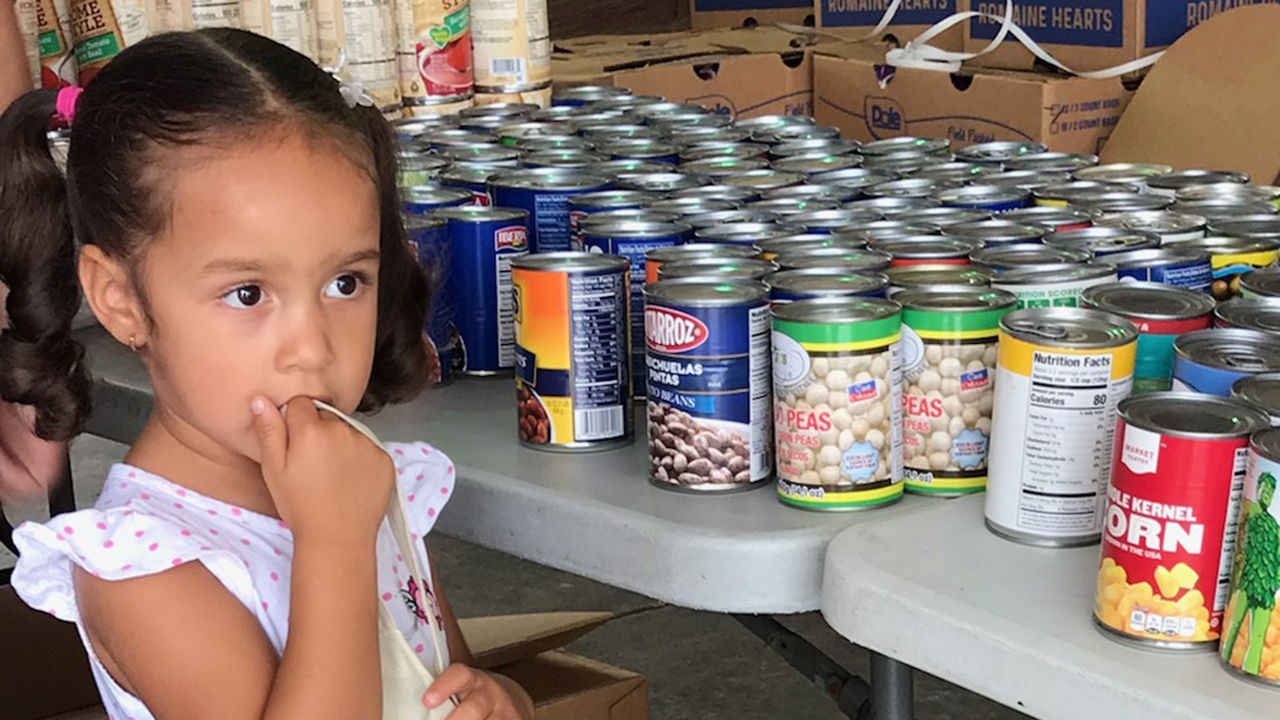Links to various Aetna Better Health and non-Aetna Better Health sites are provided for your convenience. Aetna Better Health is not responsible or liable for non-Aetna Better Health content accuracy or privacy practices of linked sites or for products or services described on these sites.
Aetna Medicaid backed study finds school pantry programs help with food insecurity
 By Aetna
By Aetna

Aetna Better Health of Florida’s School Pantry Program collaboration with Feeding South Florida played a key role in addressing the growing trend of food insecurity in the communities it serves.
As National Hunger Action Month kicks off this month, it’s important to note that one in four children struggle with hunger every day.1 And kids struggling to get enough to eat are more likely to have problems in school and are often affected by other social determinants of health including lack of access to quality health care, economic instability and living in neighborhoods with fewer resources that promote health such as grocery stores, parks and recreational facilities.2, 3 Identifying and addressing the social determinants affecting children are key components in improving health outcomes and reducing health disparities.
For many children and their families, schools serve communities as trusted resources. Teachers, administrators and school staff are often aware of a family’s struggles with social determinants of health, including food insecurity. A school pantry can provide low-income students and their families access to nutritious food.4, 5 This is especially true in South Florida where families that were already struggling were also faced with additional hardships as a result of the Coronavirus pandemic.6


